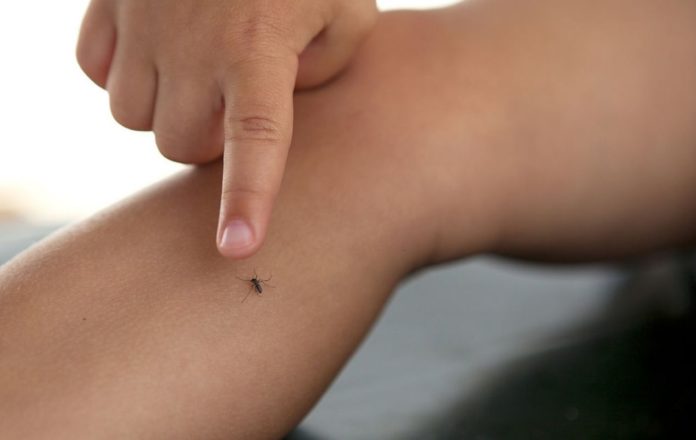“Mosquitoes literally drink blood, and by doing so ingest microbes directly and can pass them directly into the bloodstream of others,” says Dr. Amesh Adalja, an infectious disease physician from the University of Pittsburgh Medical Center’s Center for Health Security.
“They are very mobile and can move over distances—a few miles—allowing them to have some trajectory in finding their blood meals and spreading disease in the process.”
- Neuroscience Breakthrough: Study Pinpoints Brain Activity That Helps Prevent Us From Getting Lost
- Brief Anger Hampers Blood Vessel Function Leading to Increased Risk of Heart Disease and Stroke – New Study
- New Blood Test Pinpoints Future Stroke Risk – Study Identifies Inflammatory Molecules as Key Biomarker
- Enceladus: A Potential Haven for Extraterrestrial Life in its Hidden Ocean Depths
- New Experiment: Dark Matter Is Not As ‘DARK’ As All We Think
It’s the female mosquitoes we really have to worry about, since they’re the ones that ingest blood, which provides the nutrition needed for their eggs and spreading diseases like Dengue, Zika, Yellow fever, and other diseases.
To combat this situation, the Florida Keys Mosquito Control unit is deploying Genetically modified mosquitoes in the Florida Keys in an unusual experiment. It is a pilot project that will help combat diseases transmitted by insects.
Starting in May, some 12,000 genetically modified male mosquitoes will be released each week for approximately 12 weeks. They are expected to mate with the females, which are the ones that sting. The female offspring resulting from these matings cannot survive.
In this way, the authorities hope they seek better control of their population.
“We really started looking at this possibility about a decade ago because we were in the middle of a dengue outbreak here in the Florida Keys,” details Andrea Leal, Executive Director at the Florida Keys Mosquito Control District.
Key authorities approved the pilot project related to the striped-legged Aedes aegypti mosquito. The insect is not native to Florida, but it is the culprit for the transmission of various diseases between humans, particularly in the keys, where dozens of dengue cases were recorded last year.
This species represents 4% of the mosquito population in the Florida Keys but is responsible for practically all diseases transmitted by these insects to humans. In addition to Dengue, Zika, and yellow fever, also transmitted the heartworm and other evils threatening to pets and other animals.
The biotechnology company Oxitec was responsible for carrying out the necessary genetic work. As part of the experiment, release boxes, non-release boxes and mesh quality control boxes are being placed at six key sites.
